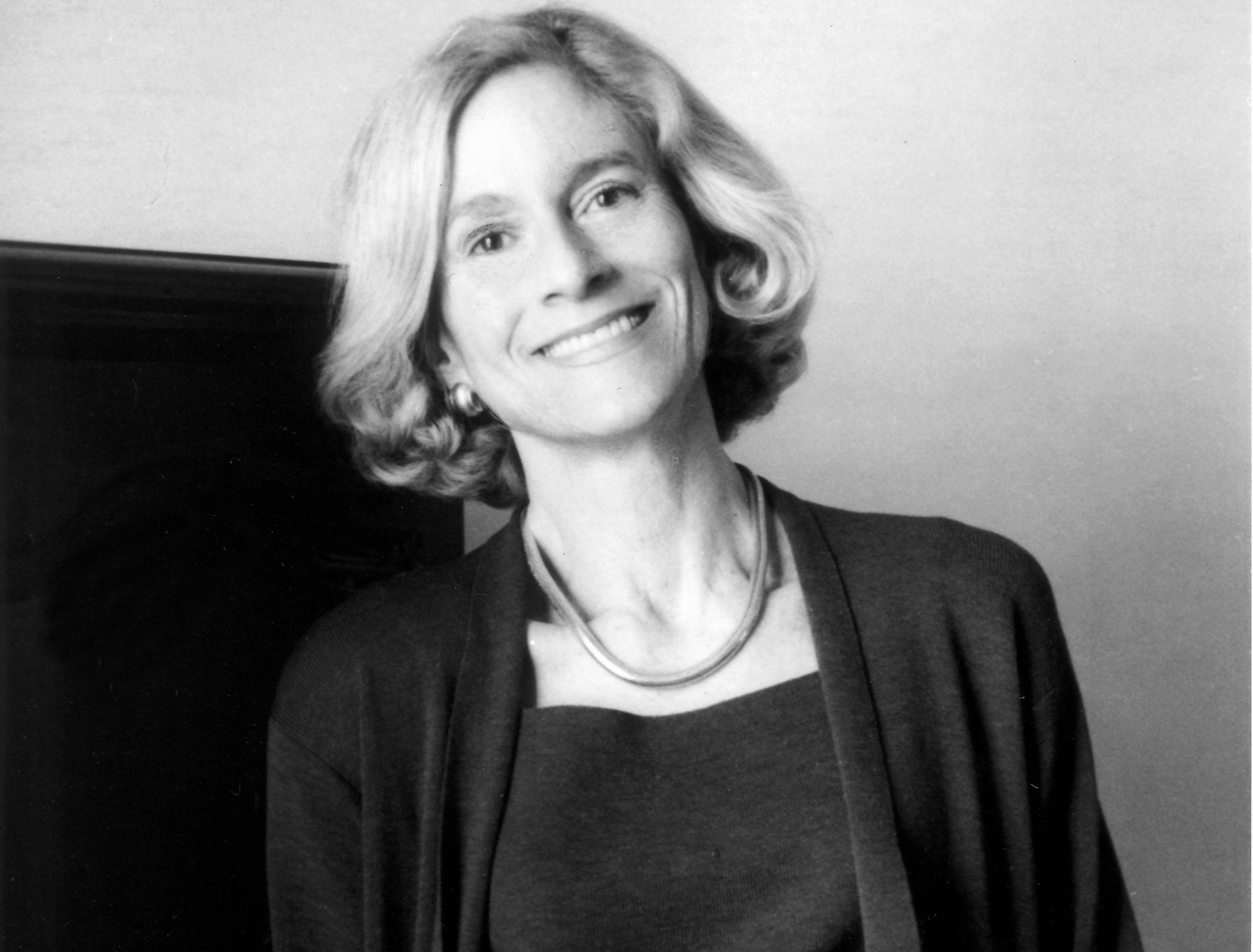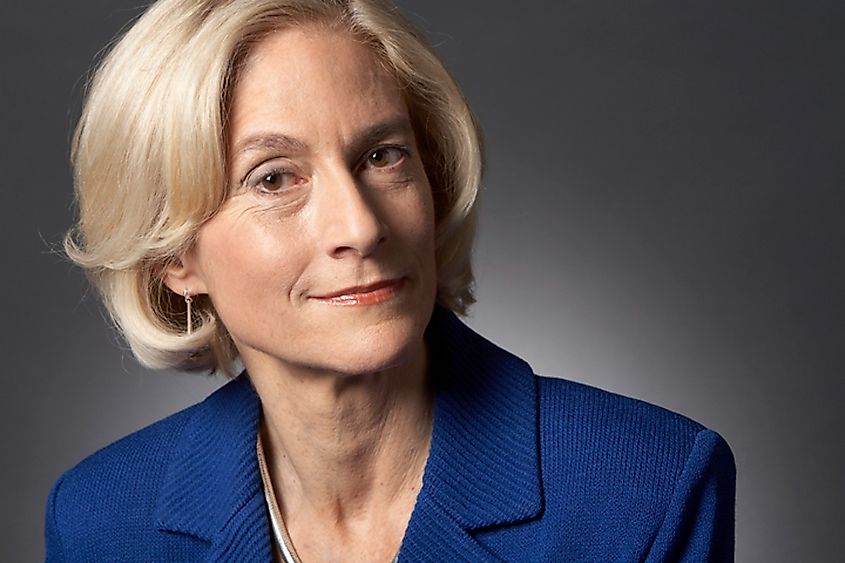
Who Is Martha Nussbaum?
When people study philosophy, most philosophers they learn about are from the past. However, there are many brilliant minds making contributions to philosophy today. One of those is Martha Nussbaum. While you may not have heard of her, Nussbaum is one of the world's most influential moral philosophers. Her work covers topics such as vulnerability, emotion in politics, feminism, and animal rights.
Who is Martha Nussbaum?

Martha Nussbaum is an American philosopher from New York. Nussbaum originally studied theater and classics in post-secondary. She earned her bachelor's degree from New York University. Her journey to studying philosophy began to alter at Harvard. In 1975 Nussbaum earned her PhD in philology, the study of the history of language, from Harvard University. She then taught at Universities such as Harvard, Wellesley, Brown University, and the University of Chicago. The University of Chicago named Nussbaum Ernst Freund Professor of Law and Ethics in 1996. In 1999 she was then named Distinguished Service Professor. Over the years, Nussbaum has written over two dozen books. She has also received awards for her work, including the Inamori Ethics Prize. This is an award rewarded to ethical leaders improving the condition of mankind. She also received the Kyoto Prize, the most prestigious award offered in fields not eligible for a Nobel.
Today she is a professor at the University of Chicago. Some of her most recently taught courses include: Greek Tragedy and Philosophy, Hellenistic Ethics, and Global Inequality.
Major Philosophies

Nussbaum has a wide range of influential philosophical works. Her work covers areas including ancient Greek and Roman philosophy, ethics, feminism, politics, and education, to name a few. She has also made philosophically informed contributions to contemporary debates on human rights and feminism. Here are a few of her major contributions to philosophy.
The Capabilities Approach
Some of Martha Nussbaum's most well-known work is from her contributions to the capabilities approach. The capabilities approach is an approach to human welfare. Instead of focusing on the rights of a person to live a life they value, the capabilities approach focuses on how capable a person is to achieve this life. Martha Nussbaum argues that in order for someone to achieve their highest potential, the person must possess a certain number of capabilities. These capabilities must be achievable within their own life. These capabilities include the ability to live a life that is worth living, the ability to use one's imagination, enough education to give a "human" understanding of the world, having equal worth, and the ability to participate in political life in society.
The capabilities approach was co-formulated in the 1980s by Martha Nussbaum and economist and philosopher Amartya Sen. The approach is an alternative to welfare economics, which uses microeconomic techniques to evaluate the welfare of a society. The ideas in the capabilities approach were ideas previously excluded from welfare economics.
The Role of Emotion in Politics
Another area of focus in Nussbaum's philosophy is the role of emotion in politics. When most people think about emotion in politics, they think about negative emotions. Emotions such as fear, disgust, envy, and greed. The focus is usually on how these emotions can corrupt the political system. However, Nussbaum's philosophy suggests that emotion is an inseparable and important part of politics. She says emotions such as love and compassion play an important role in making abstract concepts such as truth and justice into real connections with groups of people. This is a particularly important idea for places struggling to deal with different cultural groups and ideas, for example, in Canada or the United States, where there are many different cultures living together. Emotions can create a bridge between the rigidity of institutional ideas and the attachments people form to places, cultures, and other people.
People should also not forget that political institutions use the power of emotion to their advantage. Nussbaum points out that the world's most successful institutions have targeted certain emotions within people. This has served to create political unity within people in a society. For example, dictators usually rule on a combination of nationalism and fear, and monarchies cultivate emotional dependence. Nussbaum says we can use this thinking in democracy today. According to Nussbaum, if we can agree on emotions that would improve our democracy, we can focus on cultivating these emotions and being better democratic citizens. She offers advice saying we can do this through a focus on ritual, public investments in art, and a living sense of cultural and national history.
The Importance of Philosophy
One of Nussbaum's most important philosophy is her idea stressing the importance of proper education. In particular, she places emphasis on the importance of philosophy. She argues public education is failing to create citizens who can critically think. Instead, public education creates people who are solely designed to be economically productive and useful. She argues in order to keep democracy alive, we need people who can think critically. While being imaginative, emotionally intelligent, and compassionate isn't a value in public education, Nussbaum stresses the importance of these traits.
Nussbaum is also skeptical of the United States' "No Child Left Behind" policy and the intense focus on improving test scores. By putting the focus on test scores, Nussbaum believes schools put the focus on memorization instead of on skills such as critical thinking, built in philosophy.
The Importance of Nussbaum's Work
Nussbaum's work is incredibly important in philosophy, and her ideas were influential in many areas of ethics. From Ancient Greek philosophy to political philosophy, her range of works and reach is impressive. Nussbaum's ideas are important to learn because her philosophy provides us with another way of thinking about education and our own beliefs.











